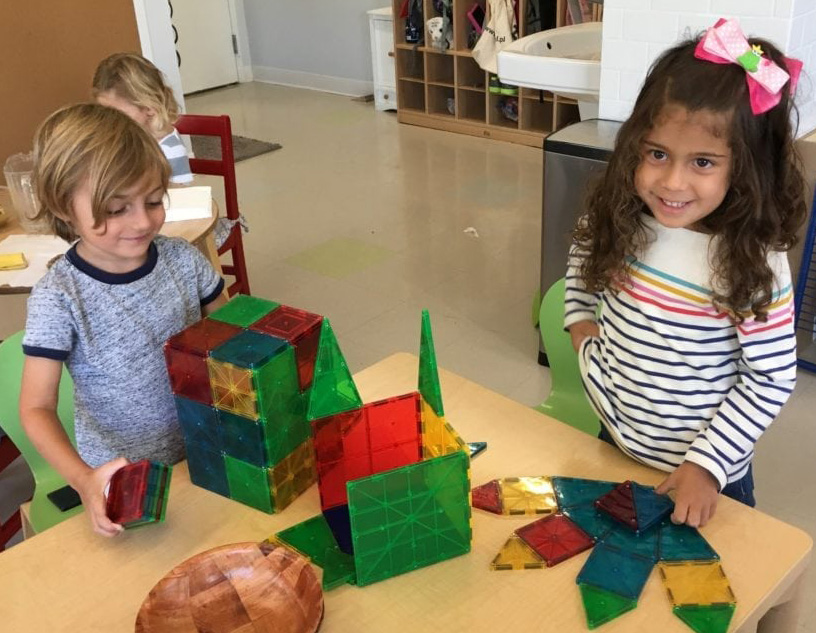The Reggio Emilia approach is an educational philosophy focused on preschool and primary education. The program is based on the principles of respect, responsibility and community through exploration, discovery and play. At the core of the philosophy is an assumption that children form their own personalities during the early years of development and that they have a multitude of ways with which they can express their ideas. It may be verbally through speech, visually through expression, drawing or a combination of elements. The Reggio Emilia philosophy is based upon the following set of four principles: children must have some control over the direction of their learning; children must be able to learn through experiences of touching, moving, listening and observing; children have a relationship with other children and with material items in the world that they must be allowed to explore; children must have endless ways and opportunities to express themselves.
This approach was developed after World War II by pedagogist Loris Malaguzzi and parents in the villages around Reggio Emilia, Italy. The name of the approach therefore derives its name from the city. The approach based on Malaguzzi’s method became appreciated by many educators thanks to a 1981 international touring exhibition titled, “A Child has 100 Languages. On Creative Pedagogy at Public Kindergartens in Reggio Emilia, Italy.”
In November, 2002, during the annual conference of the National Association for the Education of Young Children in Chicago, the North American Reggio Emilia Alliance was formally established. In 2003, the municipality of Reggio Emilia chose to manage the system and the network of school services and toddler centers by forming the Istituzione Scuole e Nidi d’Infanzia. This enabled municipal schools and preschools to have independent Reggio-inspired programs and activities with support from the Italian government. In February, 2006, the Loris Malaguzzi International Centre was established in Reggio Emilia, Italy as a meeting place for professional development and a research hub for the Reggio philosophy. On September 29, 2011, the nonprofit Reggio Children-Loris Malaguzzi Centre Foundation was established at the Loris Malaguzzi International Center to foster education and research to improve the lives of people and communities in Reggio Emilia and in the world. The Reggio Emilia Approach now has schools on every continent, except Antarctica and is the world’s fastest growing preschool teaching method.




